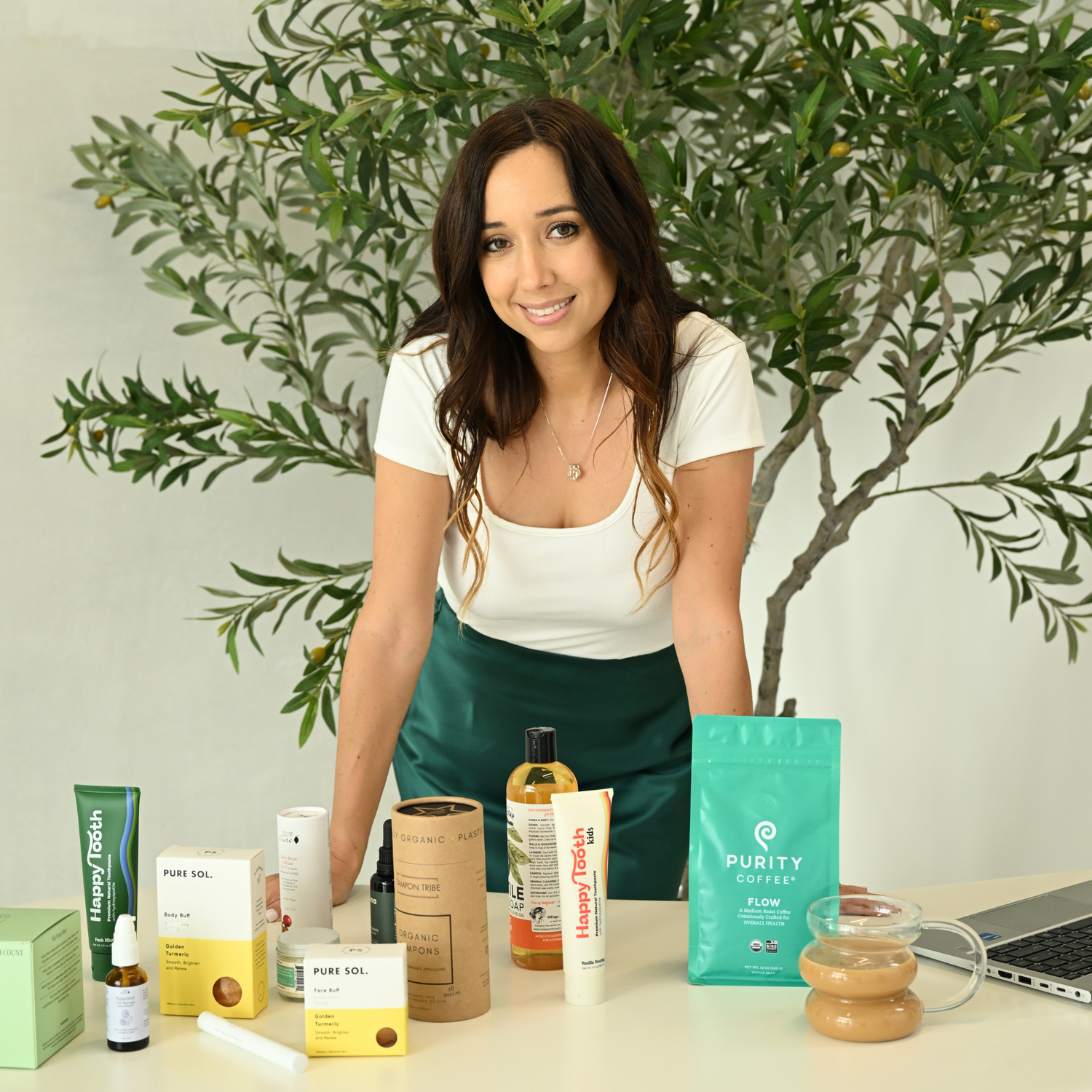
Is Sunscreen Safe?
Share
A few weeks ago, our feeds were bombarded with major news channels reporting on "dangerous advice" from social media "influencers" telling you not to wear sunscreen. The reporting left much to be desired and was taken completely out of context.
Understanding the Nuance in the Sunscreen Debate
Now we know the world loves their duality. Team red, team blue. Team Edward, Team Jacob. But most things don't fit neatly into two boxes. There's nuance to nearly everything, and I'd like to encourage you to read past the headlines and put on your thinking cap. Consider these truths:
1️⃣ Over 90% of sunscreens are loaded with known toxicants and endocrine disruptors that not only remain in your blood for weeks after use, but are also extremely toxic to aquatic life. Ingredients like oxybenzone and octinoxate are commonly found in chemical sunscreens and have been shown to cause coral bleaching and disrupt marine ecosystems.
2️⃣ Overexposure to the sun can lead to skin cancer. The American Academy of Dermatology stresses that UV radiation from the sun is a major risk factor for skin cancer, including melanoma, the deadliest form of skin cancer. Sunscreen can help protect your skin from harmful UV rays, reducing your risk.
3️⃣ A third of Americans do not get enough Vitamin D. Vitamin D is crucial for bone health, immune function, and mood regulation. While supplements are available, 10-30 minutes of daily sun exposure without sunscreen protection provides the daily recommended Vitamin D intake naturally.
4️⃣ Too much sun leads to premature aging. UV radiation accelerates the aging process of the skin, causing wrinkles, fine lines, and age spots. Sunscreen helps prevent these signs of premature aging by protecting the skin from UV damage.
5️⃣ Some mineral-based sunscreens don't carry any toxicity concerns and are perfectly safe. Sunscreens with zinc oxide or titanium dioxide are considered safer alternatives. They sit on top of the skin and reflect UV rays without penetrating the skin or causing harm to marine life.
Putting It All Together
All these things are true. If you only looked at Fact 2 or 4, you might think wearing any sunscreen is healthy. If you only looked at Fact 1 or 3, you might think you should never wear any sunscreen. Both of these positions would be wrong.
If you looked at all 5 facts, then you would be able to conclude: I can wear a toxin-free sunscreen (like a mineral-based one) regularly to protect me from skin cancer and premature aging, especially when I will be in the sun for prolonged periods. A little sun exposure (10 to 30 minutes) per day can also help me meet my daily Vitamin D needs.
You see? Nuance. The world is rarely black and white. Although black and white headlines make you click.
There are safe sunscreens
So, is sunscreen safe? The answer is nuanced. By choosing the right type of sunscreen and understanding how to balance sun protection with your body's need for Vitamin D, you can enjoy the benefits of the sun while minimizing the risks. Don't let sensational headlines scare you into extremes—embrace the middle ground and stay sun-safe!
Shop Crunchy & Co for high-performing sunscreens and ones without white cast!












